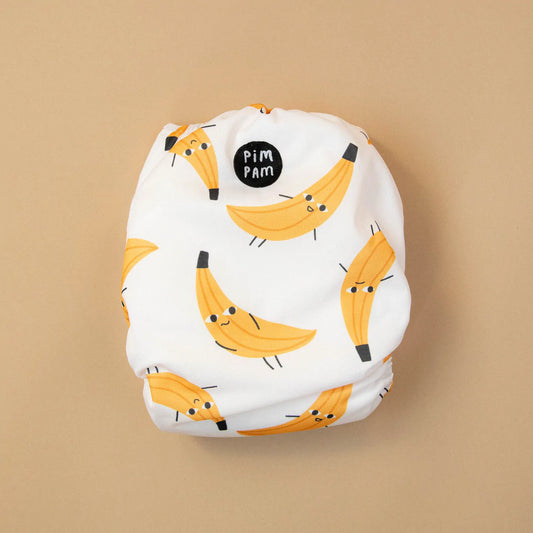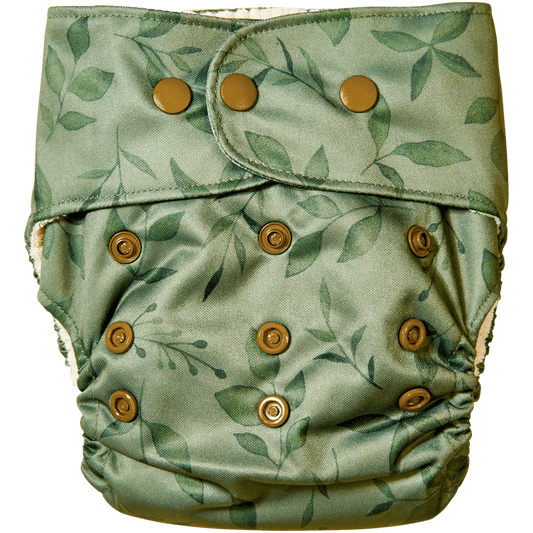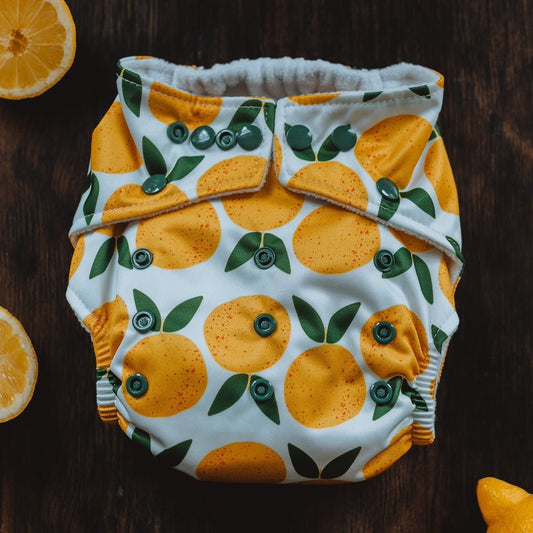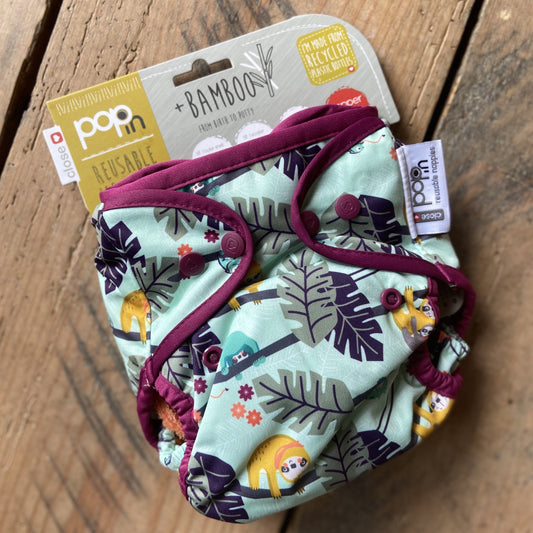2020. It just sounds like the future and I can’t actually believe we are living in it. Our babies are being born and growing up in it. I remember drinking wine at a New Years Eve party for the turning of the millennium, age fourteen and wondering what the hell all the fuss was about. Now, I look back and it feels like a pretty momentous time in history, the turning of a new century, with all the incredible changes that have happened since that moment in time.
I grew up with my granny, and I often thought to myself how weird life must have been for her seeing as she had lived through a world war, the invention of commercial flight, computers, the Internet and mobile phones. And the progress we have made even since that New Years’ Eve party twenty years ago has been unstoppable, marching as we do towards a future of yet more connectivity, more convenience, and more consumption.
The price of all this wonderful progress? Our planet. The place we call home. We are (a small few of us) richer than ever before. We have things our grannies could never have dreamed of, but soon we will be lacking the very thing we need to survive. And what will it matter then how many pairs of leggings you can pick up for a tenner? We are in a climate emergency and we need to take notice.
I started the shop to promote the wonderful world of reusable nappies. I wanted more people to have access to the benefits of reusing in this disposable culture we have become so used to. I felt that the best way to do this was with a real, bricks and mortar presence in my local town for cloth nappies. But beyond nappies and wipes, I had also been becoming more aware of the damage we are doing to the planet, and ourselves, through the way we produce our food and other crops.
Textile production is the worlds’ second most polluting industry. Dangerous synthetic chemicals are used in the production of non-organic cotton that can be poisonous to earth, water, humans and wildlife. Choosing organically grown cotton for our clothes and other textiles means choosing farming methods that are more in tune with the natural environment. It saves water, helps to create healthy soils and keeps water cleaner for both human and animal consumption. In turn, the people working the fields and living nearby are healthier, too. Using natural methods to grow their cotton means that the process emits up to 46% less greenhouse gases than non-organic.
Don’t think that this is beyond our control. Yes the big companies and manufacturers need to make changes but there is no better place to hit them than in their wallets. A vote with your pound is worth just as much as the ballot box. I am not sitting here typing this as a saint, preaching at you how wonderful I am because I have never partaken in the heady rush of a huge online haul of bargains. I’ve bought cheap duvet cover sets and clothes that look ‘sort of’ all right, that I can never be bothered to send back but likewise never wear. I have been a part of the problem, but now is my chance to make amends.
This is why for the shop and at home, I will always try my best to source organically and ethically produced textiles. Not only because it is the kindest to our skin and our planet, but also because I want to make sure that when you buy a new item of clothing from me it is something that will be worn time and again, that will be handed down through generations and will be cherished for a long time. In an age when we really need to be buying less, lets make sure that what we do buy has real value, not just to us as a consumer but to the person that sold it to us, the ones that designed and made it, and the ones that grew it, too.
Source: https://www.soilassociation.org/





